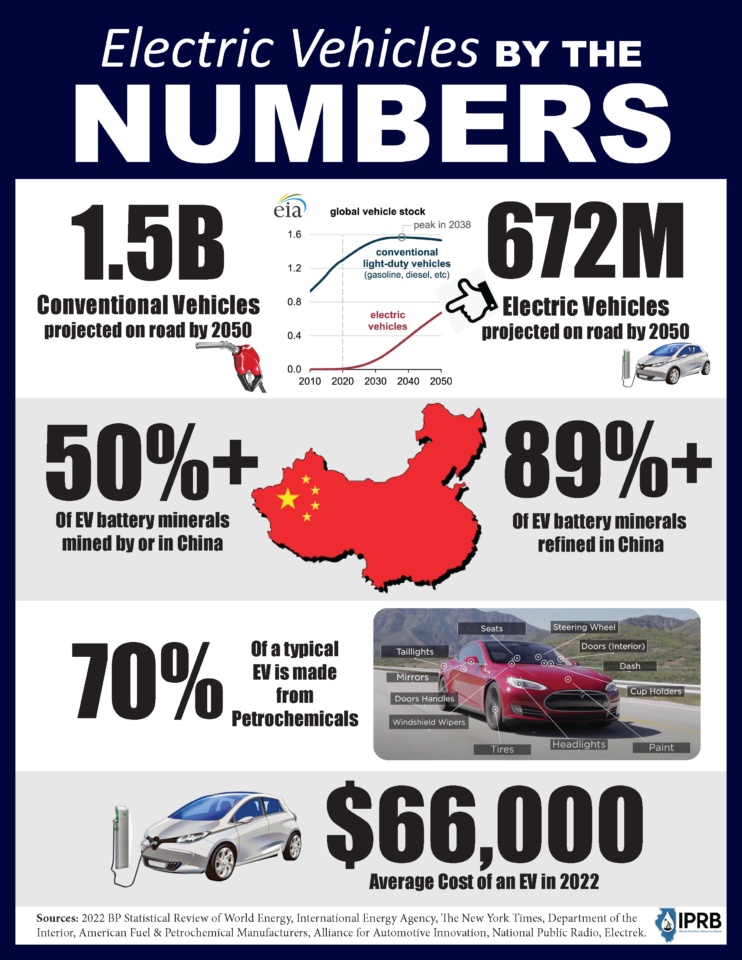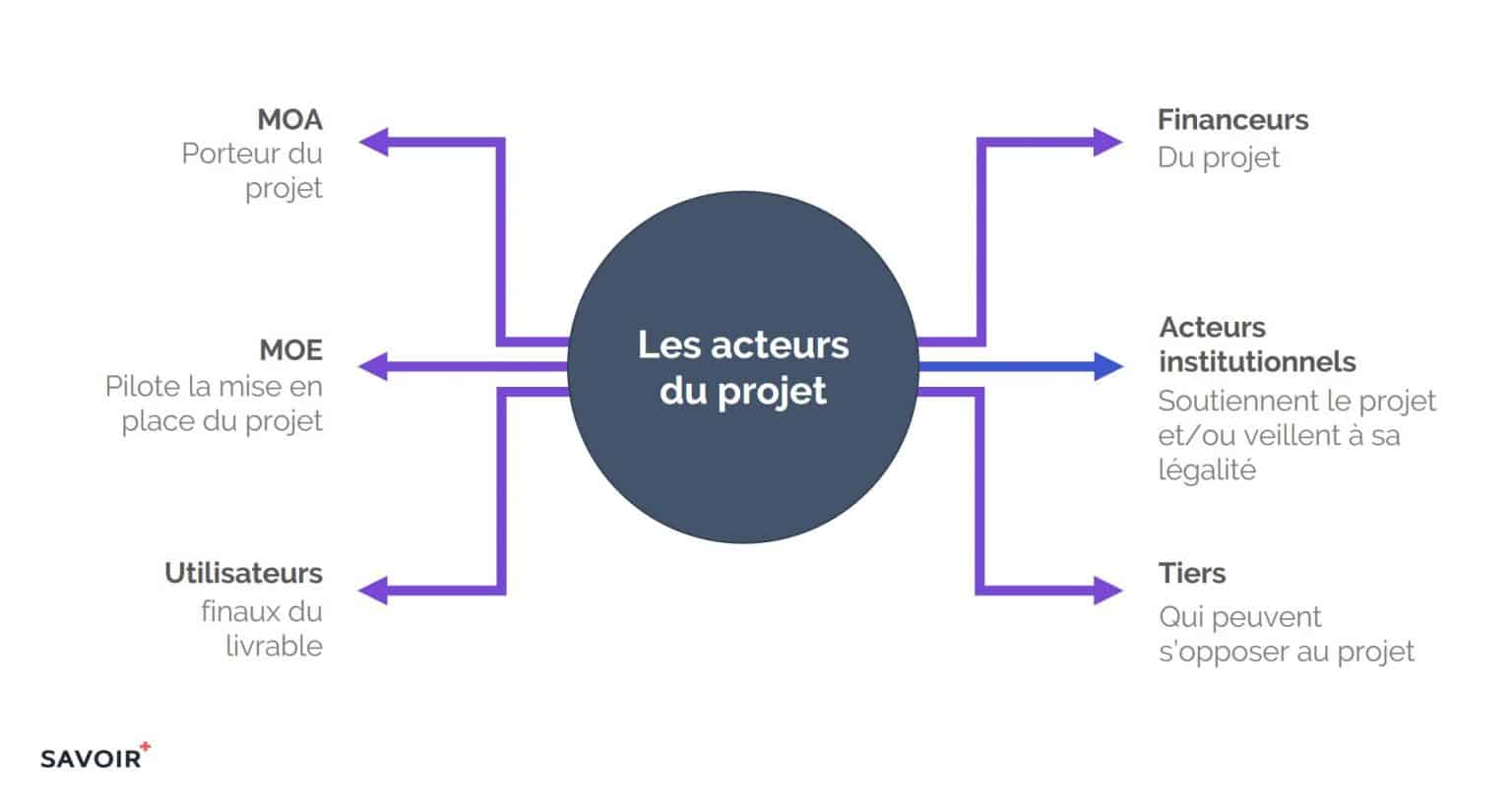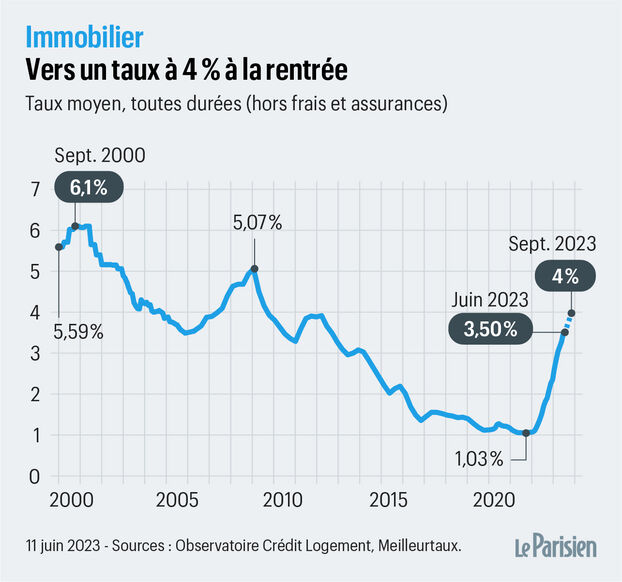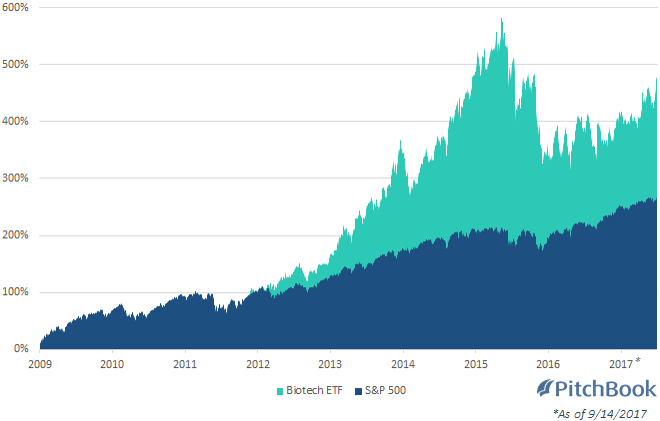Car Dealers Renew Fight Against EV Mandates

Table of Contents
Economic Concerns and the Impact on Dealerships
The transition to an EV-centric market presents a significant financial burden for car dealerships. Adapting to this new reality requires substantial investment and carries considerable risk. The high upfront costs associated with transitioning to EV infrastructure are a major concern. Dealerships must invest in:
- High upfront costs for EV inventory and specialized equipment: EVs often have higher purchase prices than gasoline-powered vehicles, requiring dealerships to tie up significant capital in inventory. Furthermore, servicing EVs requires specialized tools and training, representing an additional financial outlay.
- Lack of government support for infrastructure development and dealer adaptation: While some government incentives exist, many dealers feel they are insufficient to cover the costs of adapting their businesses to sell and service EVs. This lack of adequate support exacerbates the financial strain.
- Concerns about reduced profit margins on EVs compared to gasoline vehicles: Currently, profit margins on EVs are often lower than those on traditional gasoline vehicles, squeezing dealership profitability. This is partly due to intense competition and the higher initial investment costs.
- Potential for dealership closures due to inability to adapt: The inability to adapt to the changing market could lead to significant financial losses and potentially even dealership closures, impacting jobs and local economies.
Reports suggest a correlation between the rapid push for EV adoption and a concerning rise in dealership closures in certain regions. More data is needed to establish a direct causal link, but the concerns are undeniable.
Consumer Demand and Market Readiness
A key argument against aggressive EV mandates is the discrepancy between mandated adoption rates and actual consumer demand. While governments push for rapid electrification, several factors hinder widespread EV adoption:
- Limited consumer EV awareness and range anxiety: Many consumers remain hesitant about EVs due to concerns about limited range and the availability of charging stations. This lack of awareness and anxiety significantly impacts purchasing decisions.
- Challenges of charging infrastructure accessibility in certain areas: The uneven distribution of charging stations, particularly in rural areas, poses a significant barrier to EV adoption for many potential buyers. "Charging desert" concerns are a major hurdle.
- Higher price point of EVs compared to gasoline cars and its impact on affordability: The higher initial cost of EVs compared to gasoline-powered vehicles remains a significant barrier for many consumers, particularly those on lower incomes.
- Impact of fluctuating EV battery prices and consumer confidence: The price of EV batteries, a key component driving overall vehicle cost, fluctuates significantly, impacting consumer confidence and purchase decisions.
Market research consistently shows a gap between government targets for EV adoption and the actual consumer demand. This highlights the need for a more nuanced and market-driven approach to electrification.
The Role of Government Incentives and Regulations
Government incentives play a crucial role in shaping the EV market. While tax credits and subsidies can incentivize purchases, their effectiveness is debatable:
- Pros and cons of tax credits and subsidies: Tax credits can stimulate demand, but they often benefit higher-income consumers more. Subsidies can help reduce the cost of EVs, but they require significant government funding.
- Critical evaluation of the feasibility and impact of EV mandates: EV mandates, while aiming to accelerate adoption, can disrupt the market and harm dealerships unprepared for the rapid shift. The impact on small dealerships and rural communities needs further assessment.
- Potential alternatives to mandates for promoting EV adoption: Instead of mandates, focusing on improving charging infrastructure, supporting research and development for more affordable batteries, and increasing consumer education might prove more effective.
- Importance of a balanced approach to support both EV and gasoline vehicle markets: A balanced approach that supports both EV and gasoline vehicle markets during the transition is vital to ensuring a smooth and equitable shift.
The Argument for a Phased Approach
Car dealers strongly advocate for a phased approach to EV adoption. This approach recognizes the need for a gradual transition that considers both market realities and the concerns of dealerships:
- Increased consumer education and awareness: A comprehensive public education campaign is necessary to address consumer concerns about range anxiety, charging infrastructure, and the overall benefits of EVs.
- Investment in robust charging infrastructure: Significant investment in a nationwide, reliable charging network is essential to support wider EV adoption. This includes addressing the needs of rural areas.
- Phased approach to ensure a smooth and sustainable transition: A gradual shift allows dealerships time to adapt their infrastructure, training, and business models without facing immediate financial ruin.
- Alternative solutions to balance the transition with the concerns of dealerships and consumers: This might include extended tax credits, government-backed loan programs for dealership upgrades, and retraining initiatives for dealership staff.
The Future of the Automotive Industry and the Role of Dealers
The EV transition will fundamentally reshape the automotive industry. This transformation will impact job creation and the role of car dealerships:
- Potential for job losses and creation within the sector: While some jobs may be lost in traditional automotive repair, new jobs will be created in EV manufacturing, maintenance, and charging infrastructure development.
- Evolving role of car dealerships in the age of EVs: Dealerships will need to adapt and become more service-oriented, focusing on charging solutions and EV maintenance alongside sales.
- Importance of adapting business models to embrace emerging technologies: Dealerships that fail to embrace new technologies and business models risk becoming obsolete.
- Prediction of the future landscape of the car dealership industry: The future landscape will likely see a consolidation of dealerships and a shift towards larger, more technologically advanced facilities.
Conclusion
Car dealers' renewed fight against EV mandates highlights critical concerns about the economic viability of rapid electrification. The arguments presented emphasize the significant financial burdens on dealerships, the current lack of consumer readiness, and the need for a more balanced and phased approach to EV adoption. The call for increased government support, investment in charging infrastructure, and a gradual transition is not about resisting progress, but about ensuring a sustainable and equitable transformation of the automotive industry. Let's work together to create a sustainable plan for EV adoption, rather than forcing a hasty implementation of EV mandates. A constructive dialogue that addresses the legitimate concerns of car dealers is crucial to avoid market disruptions and ensure a successful transition to an EV-dominated future.

Featured Posts
-
 Le Morning Retail Face Au Nutriscore Une Analyse Des Acteurs Impliques
Apr 23, 2025
Le Morning Retail Face Au Nutriscore Une Analyse Des Acteurs Impliques
Apr 23, 2025 -
 Brewers Swipe Nine Bases Rout As In Dominant Victory
Apr 23, 2025
Brewers Swipe Nine Bases Rout As In Dominant Victory
Apr 23, 2025 -
 Pascal Boulanger Et L Avenir Du Marche Immobilier Analyse De La Fpi
Apr 23, 2025
Pascal Boulanger Et L Avenir Du Marche Immobilier Analyse De La Fpi
Apr 23, 2025 -
 Decoding The Trump Fdas Impact On The Biotech Market
Apr 23, 2025
Decoding The Trump Fdas Impact On The Biotech Market
Apr 23, 2025 -
 17 Subat Pazartesi Bu Aksam Hangi Diziler Var
Apr 23, 2025
17 Subat Pazartesi Bu Aksam Hangi Diziler Var
Apr 23, 2025
